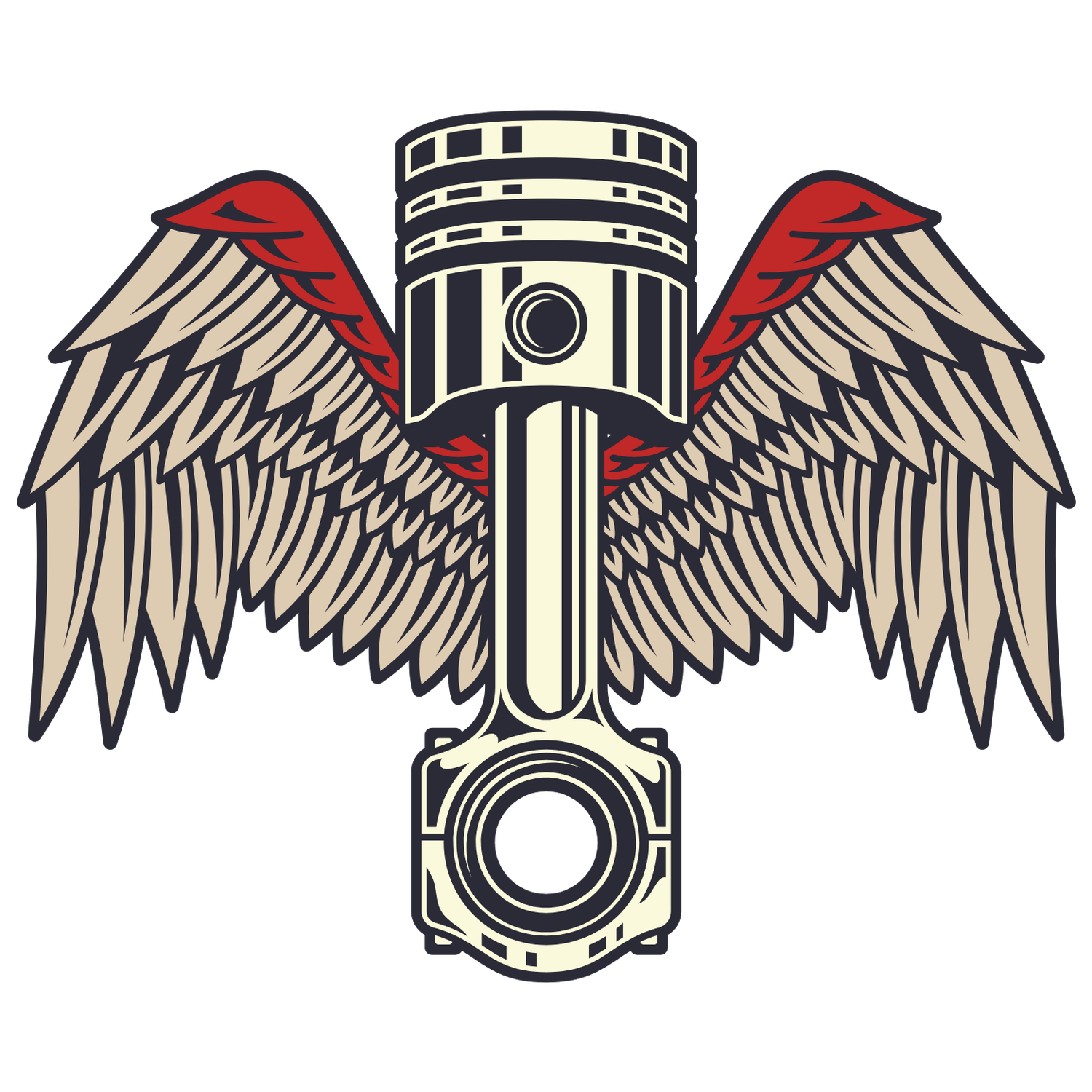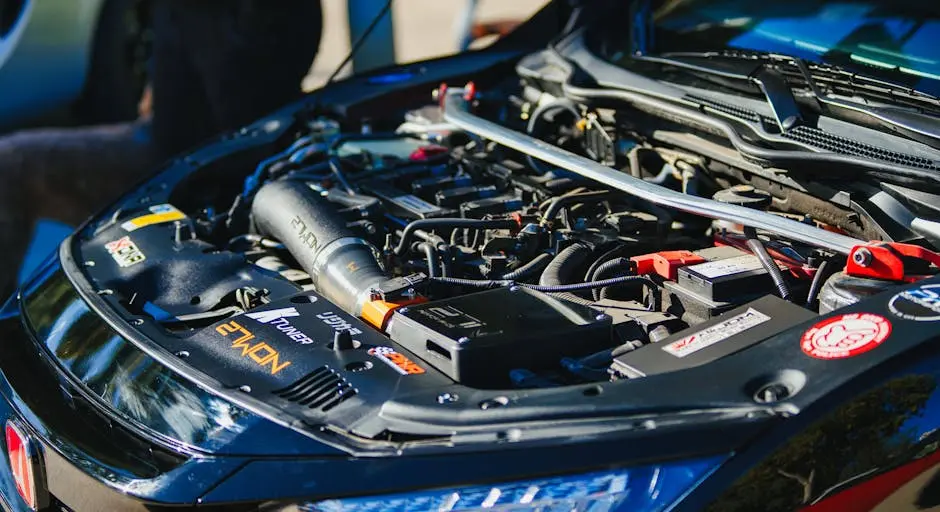10 Common Mistakes to Avoid in Crankshaft Maintenance
Maintaining your crankshaft is crucial for the longevity and efficiency of your engine. However, many enthusiasts and mechanics fall into common traps that can significantly affect performance. In this blog, we’ll explore the top mistakes people make while handling crankshaft services and how to sidestep them for optimal results.
1. Neglecting Regular Inspections
Regular inspections are essential for identifying potential issues before they escalate into serious problems. Think of your crankshaft like a watch; if you don’t check it regularly, it might stop working at the most inconvenient time. Skipping this crucial step can lead to costly repairs and significant downtime later on. Regular checks allow you to catch wear and tear early and make adjustments before they turn into major repairs.
In essence, routine inspections serve as your first line of defense. A quick visual assessment can often reveal alarming signs—like unusual wear patterns or oil leaks—that may not be immediately evident during routine use. If you couple this practice with regular oil changes and filter replacements, you're setting a solid foundation for your crankshaft services.
2. Using Incorrect Tools
Using the wrong tools for crankshaft maintenance is a mistake that can cause irreversible damage. Imagine trying to use a hammer to drive a screw; it just won’t work and can lead to bigger problems down the line. Always ensure that you have the right equipment on hand before you begin any maintenance task.
Investing in quality tools designed specifically for crankshaft services can seem like another expense, but it’s far more cost-effective compared to the repairs that come from using improper tools. Whether you're tightening bolts or measuring parts, having the right tools can save you time and preserve the integrity of your engine.
3. Failing to Follow Manufacturer Guidelines
Every crankshaft comes with specific maintenance guidelines provided by the manufacturer, and failing to follow these can lead you down a risky path. These guidelines are tailored to your engine’s needs, just like a recipe is designed for a particular dish. Ignoring these recommendations can have consequences, ranging from reduced efficiency to catastrophic failures.
To avoid these pitfalls, it’s essential to not only familiarize yourself with these guidelines but to consult them whenever you perform crankshaft services. This practice ensures that you always operate within recommended parameters, maintaining peak performance for your engine.
4. Overlooking Lubrication Needs
Proper lubrication is vital for crankshaft operation. You wouldn’t run your car on an empty fuel tank, would you? Similarly, neglecting lubrication can lead to increased friction and wear, putting unnecessary strain on your engine. It’s essential to use high-quality lubricants and maintain proper oil levels to ensure everything runs smoothly.
Lubrication not only reduces friction but also acts as a barrier against wear. Understanding the lubrication needs of your crankshaft will help you make informed decisions during maintenance. Simple habits—like checking oil levels regularly and replacing old, degraded oil—can extend the life of your crankshaft significantly.
5. Ignoring the Importance of Torque Specifications
Each component in the crankshaft assembly has its own torque specification, and ignoring these can lead to serious damage or failure. It’s similar to cooking; if you don’t use the right amounts of each ingredient in your recipe, the result may be a disaster. It’s not just about applying force; it’s about applying the right amount of force.
Investing time to learn about and adhere to torque specifications pays off. It helps ensure that every bolt and nut is secure and that your crankshaft can operate efficiently under high-stress conditions. Tools like torque wrenches are invaluable for this task, allowing you to apply precisely the right tension to each component.
6. Not Using Quality Replacement Parts
Opting for cheaper, low-quality parts might save you money initially, but it can cost you dearly in the long run. Just like buying a discount pair of shoes—you might save a few bucks, but you'll find out soon enough that they won't hold up over time. The same applies to crankshaft services; not all parts are created equal.
When replacing any component related to the crankshaft, always choose quality over cost. Investing in high-quality replacement parts ensures both longevity and optimal performance for your engine. Remember, it’s an investment in reliability, enhancing the chances of a smoother operation down the line.
7. Skipping Cleaning Procedures
A clean crankshaft is a happy crankshaft. Skipping cleaning procedures is like ignoring a messy kitchen; it will inevitably lead to problems that could have been easily avoided. Regular cleaning not only removes dirt and debris but also prevents contamination that can adversely affect performance.
Taking a few extra moments to thoroughly clean your crankshaft and associated components will yield significant benefits. It promotes better lubrication, reduces wear, and enhances the overall efficiency of your engine. Remember, spending a little extra time on maintenance can prevent future headaches.
8. Disregarding Symptoms of Wear and Tear
Ignoring warning signs like unusual noises or vibrations can lead to more significant issues down the road. Each sound your engine makes is a kind of communication, telling you what’s happening inside. Payn attention to these early warning signals, as they can serve as crucial indicators of impending problems.
Being proactive means addressing these symptoms immediately rather than waiting for a disaster to strike. If you detect something unusual, don't hesitate to consult a professional. After all, it’s far more convenient to address a minor issue today than to deal with the fallout of a major failure tomorrow.
9. Neglecting Professional Assistance
Sometimes, a professional touch is necessary. It’s easy to become overconfident in your ability to handle all aspects of crankshaft maintenance; however, don't hesitate to seek help when you're unsure about your practices. Requesting professional assistance doesn't mean you're not capable; it simply means you're placing the highest value on your engine’s health.
Consider it a collaboration where you learn from the experts while ensuring that your maintenance is up to standard. Professionals possess the experience and knowledge to spot potential pitfalls that you might miss, making their input indispensable. Remember, knowing when to ask for help is a sign of wisdom, not weakness.
10. Rushing the Maintenance Process
Taking shortcuts or rushing through maintenance can lead to costly mistakes. When you’re pressed for time or distracted, it’s easy to overlook crucial steps. Just like a rushed meal might turn out poorly, hurried maintenance can lead to long-lasting issues for your crankshaft.
Make sure you allocate enough time to do the job right. It's often the little details that make a big difference. By being thorough in your approach, you're laying the groundwork for a well-functioning engine that will perform efficiently for years to come. Remember, quality maintenance is a marathon, not a sprint.

